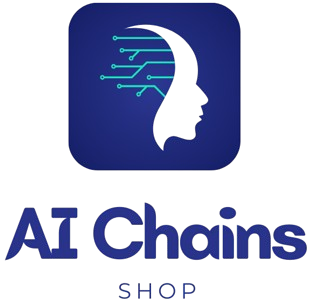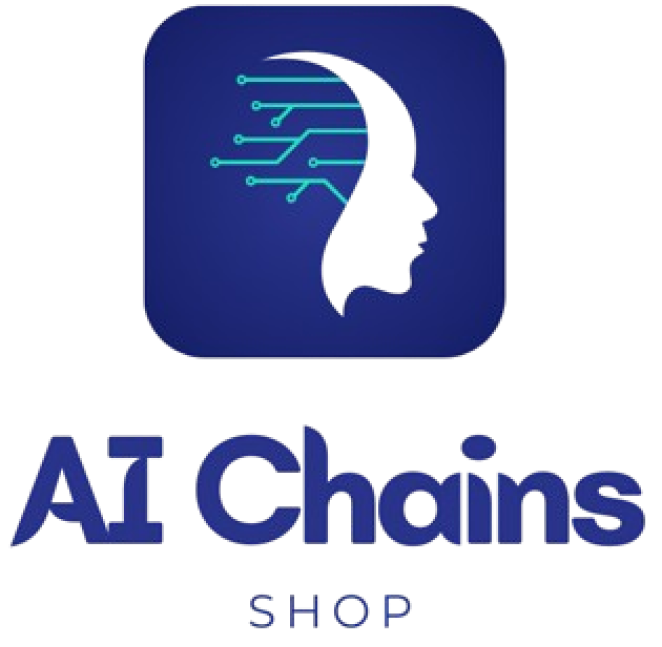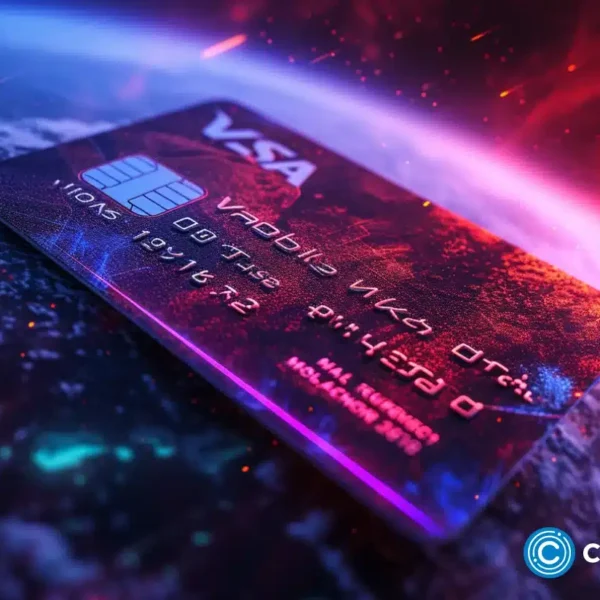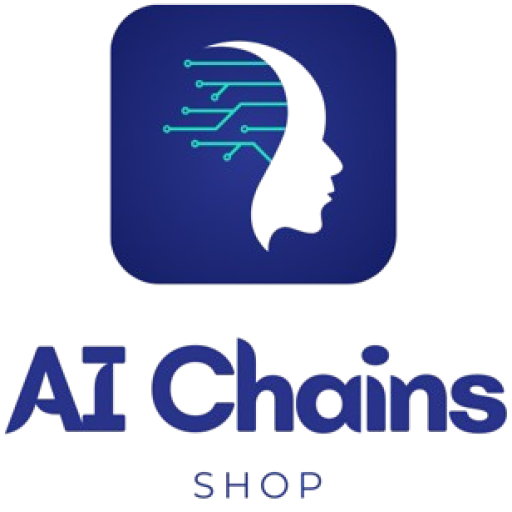OKX debuts new digital asset access service for banks
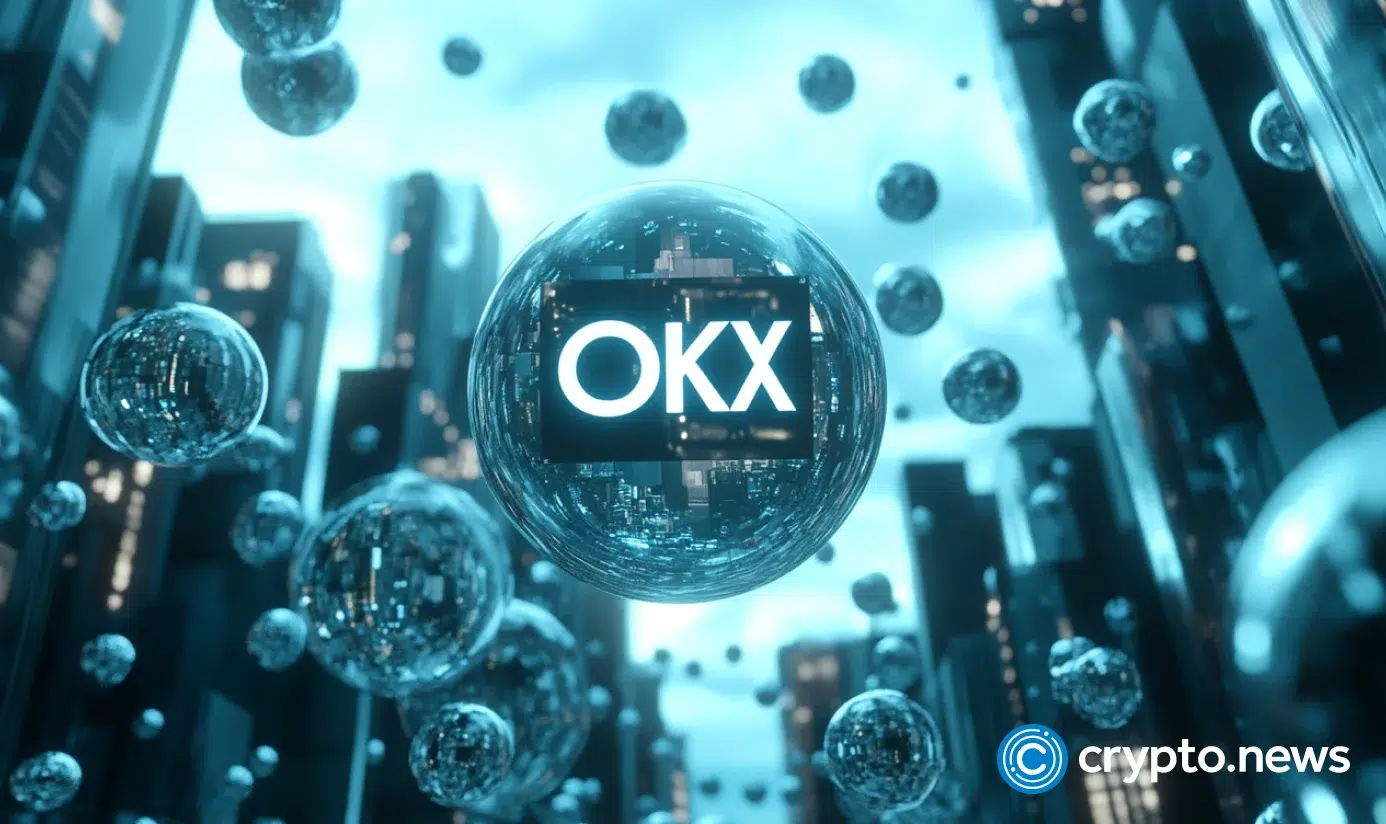
Crypto exchange OKX has launched a new service that would provide access to digital assets for institutional clients who wish to offer crypto services to customers.
Summary
- OKX has launched Rubix, a modular workflow solution that allows financial institutions to integrate regulated digital-asset services into their existing systems without building new infrastructure.
- The platform aims to simplify crypto adoption for banks and asset managers by reducing compliance and operational barriers, enabling them to diversify services, unlock new revenue streams, and meet growing institutional demand for digital assets.
According to a press release sent to crypto.news, the crypto exchange platform has introduced a new modular workflow solution that lets financial institutions provide digital asset services to clients and customers without having to build new infrastructure. The new service, dubbed Rubix, allows institutions to integrate digital assets into their existing operations while retaining their business model.
By integrating Rubix, financial institutions like banks, brokers and asset managers can embed digital assets directly into their existing platforms. The service aims to help banks diversify their services to include new crypto asset classes and unlock revenue streams that were previously inaccessible to traditional finance firms.
Institutions can choose the components that they need and integrate them into operating models, risk frameworks, and governance structures. This modular approach gives firms the flexibility to adopt digital-asset capabilities without disrupting established front, middle and back-end processes.
Some of the features available for institutional clients include the regulated market access module, which covers key jurisdictions to maintain regulatory compliance with existing regional frameworks, such as MiCA or MiFID II in Europe, VARA in the UAE, AFSL or AUSTRAC in Australia, CNV in Argentina, and U.S. MSB or MTL licensing.
In addition, OKX Rubix provides companies with access to deep central-limit-order-book markets and over-the-counter RFQ systems and the ability to enable delayed settlement options for more capital-efficient operations without requiring exchange pre-funding.
Moreover, the solution is compatible with existing OMS/EMS systems, as well as FIX, REST, and WebSocket APIs. For institutions prioritizing security, the service provides off-exchange custody that lets them select a licensed bank custodians or trusted third-party to mitigate counterparty risk.
Rubix also offers flexibility for banks to use fiat, stablecoins, crypto assets, or tokenized money-market funds. The solution also provides additional services which include access to credit lines, loans, fiat on/off ramps, and enterprise-grade account controls.
OKX catering to institutional appetite for crypto
With the rise of stablecoins and digital assets in the mainstream financial systems, institutional demand for crypto asset services have increased substantially. Established financial institutions like JPMorgan, HSBC, and even global payment system SWIFT have started developing their own blockchains to keep up with the demand for digital asset services in banking.
However, not all banks have the capacity to host a blockchain. As a result, adoption of crypto assets in the banking industry have been stunted by operational complexity, fragmented infrastructure, and evolving regulations.
Senior Vice President of OKX Institutional, Simon Ren, said that institutions have been held back by complexity and compliance when it comes to adopting crypto assets. He explained that OKX Rubix solves this problem by offering regulated digital-asset services that can be integrated into existing client channels while maintaining their own models.
“Rubix is deployed as a bespoke institutional workflow—designed and governed by the client—while OKX provides the regulated, scalable market infrastructure behind it,” said Ren.
Most recently, OKX expanded its partnered custody program with Standard Chartered into the European Economic Area, allowing institutional clients to store digital assets with the bank while mirroring balances on OKX for trading. The program was initially launched in the United Arab Emirates earlier this year, before the exchange extend the service’s reach into the European region.
